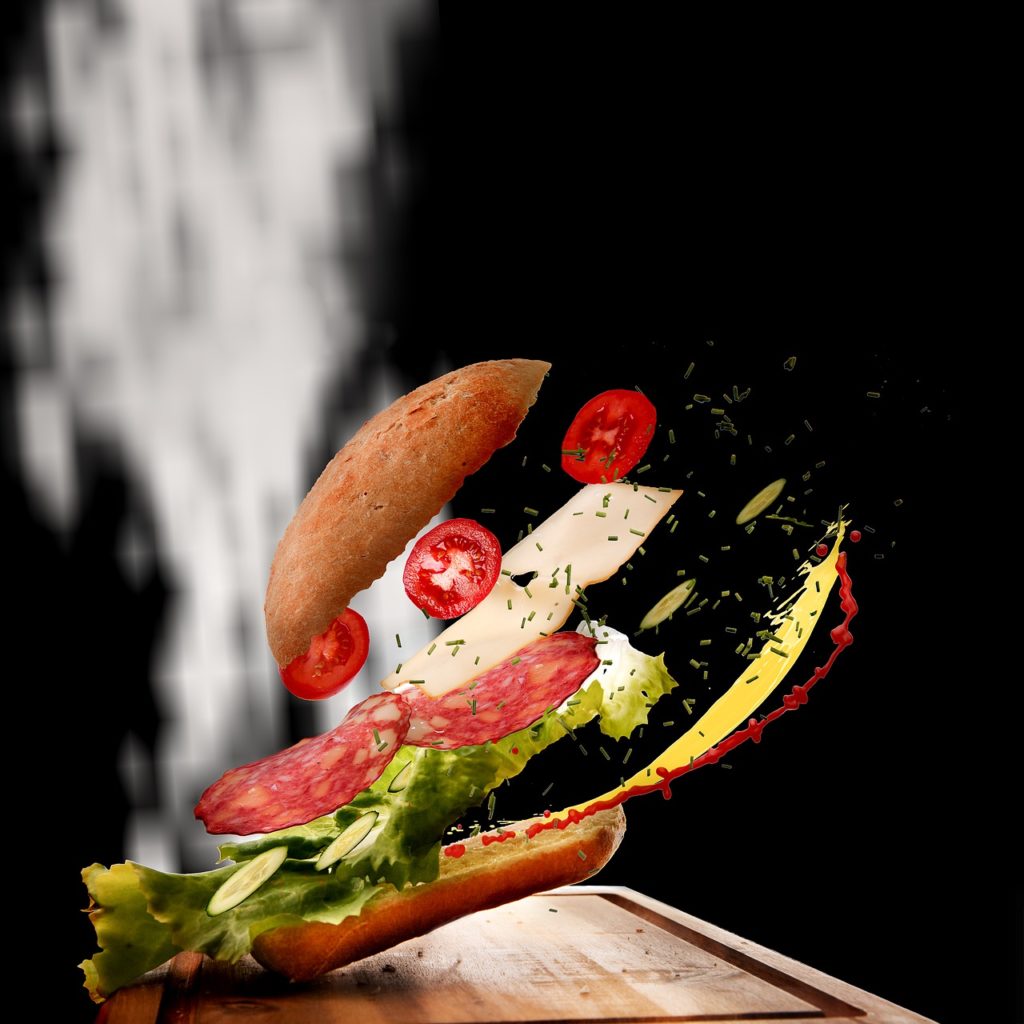Originally written for hobby blog on 13 April 2018
For Transparency: I was lucky enough to meet Catriona in person and have her sign my copy of Table Manners
Taste is an often unemployed sense in poetry and is often difficult to pull off. Sight and sound are often the ones most chiefly used, and if I had the guess why, it’s because even if you haven’t seen or heard the object or subject of a poem, it’s easy enough to use literary devices (like metaphor) to liken or compare it to things a reader may have heard of. Many people primarily use these senses in their daily lives, and movies exist that can expose people to sights and sounds they’ve never heard. There is no such a medium for taste and touch. If one has never eaten a blueberry pie or any of its components, a person could explain that a blueberry is a fruit, the process of making the pie, maybe even compare it to other pastries, but could a person truly understand the taste of a blueberry pie if they’ve never tasted a blueberry or sunk their teeth into a golden flaky pie crust? It’s debatable I’m sure, but Catriona Wright definitely takes on the challenge of describing taste in an unique, even delicious way.
Wright does not simply try to describe something more common like blueberry pies either. The opening poem “Gastronaut” details the lengths to which the speaker would go to partake in exotic delicacies such as “barbequed tarantulas” or “deep-fried fairy wings with chipotle mayo dipping sauce” while the poem “Magpie” discusses weird and (usually considered inedible) food obsessions like detergent or paint chips. Another way Wright tries to convey taste is through the quality of the livestock (in the open stanza of “Ribfest”). Wright takes on the bizarre and outlandish that the majority of people haven’t eaten, or can’t be eaten to humourous effect.
Table Manners also discusses the culture and community around food. “Groceries” describes how the speaker continuously buys healthy food to have it just sit in the fridge and spoil to impress the grocery store cashier, “Mukbang” is “inspired by popular live-streaming webcasts in South Korea in which hosts enthusiastically consume enormous meals” (85) while an audience watches, and “Bliss Point” reads like an ad to be a food tester. “Yelp Help” sounds like a poet took to the reviewing site, and wrote reviews in verse to describe restaurants, that if you haven’t been to yourself, have definitely heard of. By not only describing the food, but also the community and emotions that surround it, Wright brings us into a world everyone can relate to (the simple act of eating), but takes it one step further towards aspects we might not be aware of.
The poetry is written in a way closer to the vernacular, which goes to make it sound like you’re speaking to a good friend, and keeps the often fantastic content more rooted and relatable. I also admire how this collection doesn’t seem to take itself so seriously, so the humour gets to shine through. My favourite poems were ones that talked about food or food culture, but they aren’t the only ones housed in the collection. Either way, you’ll come away from Table Manners hungry for more.
Some Quick Stats:
Author: Catriona Wright
Published: 1 September 2017, Véhicule Press
Pages: 87
